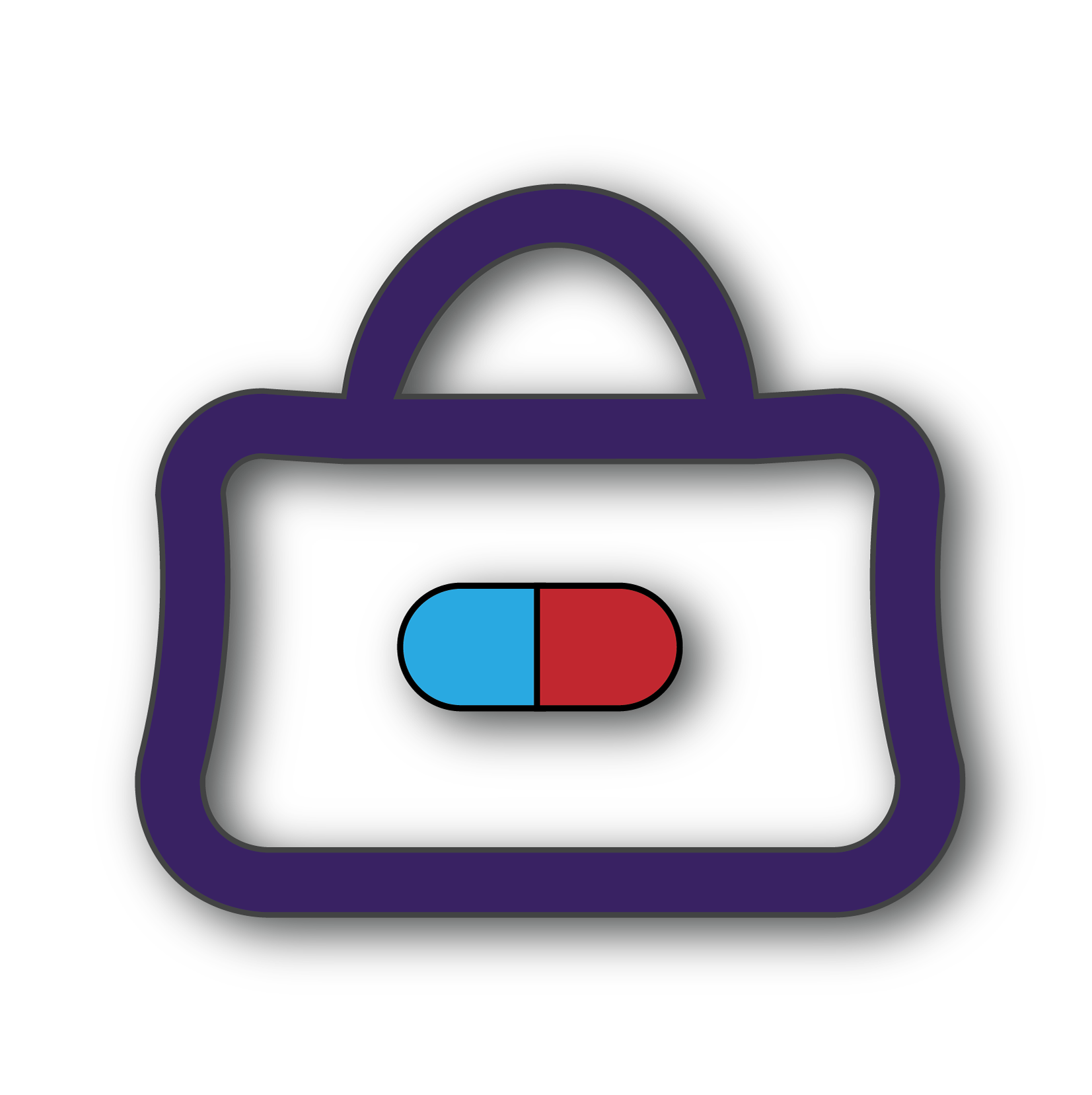BIO
I started in psychology, where I learned that the biggest stressor for people struggling with mental illness wasn’t just their condition—it was their socioeconomic status. The main roadblock to getting help wasn’t treatment; it was survival. I switched to civil engineering because I wanted to make a real difference, and psychology’s existing tools didn’t feel like enough. If I could create accessible, affordable housing with features that helped people manage tasks they struggled with—whether due to physical or mental disabilities—I could do more for them than I ever could as a psychiatrist.
But engineering had its own roadblocks. I failed calculus five times, and it kept me from moving forward in the major. Instead, I filled my schedule with design and art classes—and I had the time of my life. My professors saw it too, encouraging me to change fields, telling me engineering didn’t seem like the right fit. That made me rethink everything. I needed a career where I could help people while doing what I loved. That’s when I found UI design. If I could make work and daily life easier for the most disadvantaged, I could make just as much of an impact as I would have designing accessible housing.
After finally passing calculus with an A. I left college and took an alternative route, learning UI design on my own. I worked in construction for a while, doing CAD design and managing teams, which gave me the confidence to grow as a creator. Then I moved into freelance work, creating branding and marketing assets for food trucks across Houston. That led me to H-Town Social, where I took on every role the company needed—graphic design, social media strategy, video production—until I was leading a team. But I realized I enjoyed setting up the operation more than the daily work. I loved taking employee feedback, implementing productivity tools, and automating managerial tasks. That’s what pushed me to transition from marketing to software development. I wanted to build the systems that make work easier, experience different industries, and help the most disadvantaged people live better lives.
